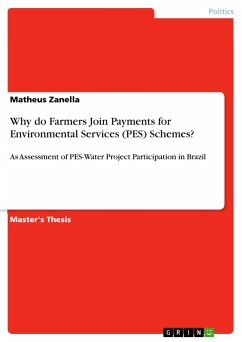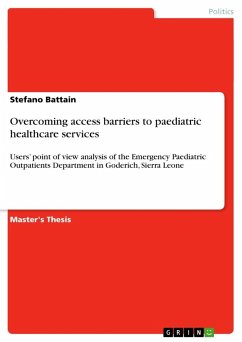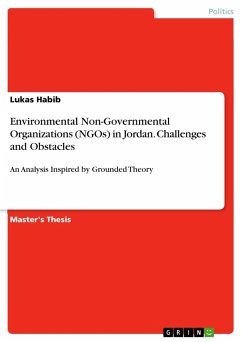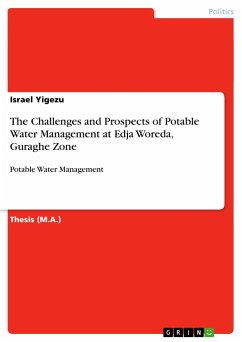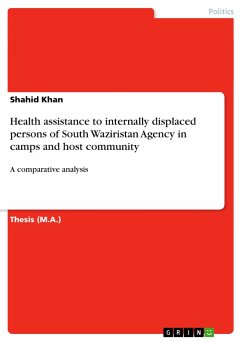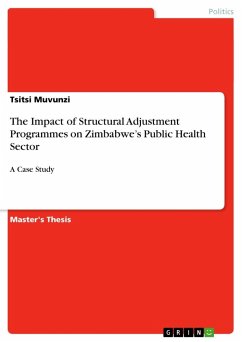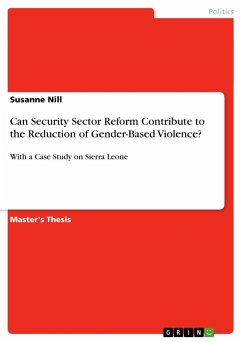Master's Thesis from the year 2011 in the subject Politics - International Politics - Topic: Development Politics, grade: A (18/20), Great Distinction, Humboldt-University of Berlin (Ghent University (Belgium), Agrocampus Ouest (France), Humboldt University of Berlin (Germany)), course: International Master of Science in Rural Development, language: English, abstract: Policy instruments based on Payments for Environmental Services (PES) have been increasingly applied by different actors responsible for water resources and environmental conservation in Brazil. This thesis analyses farmer's decision to participate or refuse participation these schemes, focusing not only on farm or farmers characteristics, but also on the process of project implementation.The methodological structure consisted of a qualitative analysis under the perspective of institutional economics and a logistic regression model of revealed preferences. This structure applied to scrutinize three different PSE-water projects in Brazil: Conservadores das Águas (Extrema - MG), Oásis (Apucarana - PR) and ProdutorES (Espírito Santo State), selected accordingly to five main criteria: i) active projects, ii) active participation; iii) different governance models; iv) different farming regions; and v) similar ecological objectives.Database consisted of 24 semi-structured interviews conducted with local environmental managers, and a survey applied to 163 participants and non-participant farmers.Results indicate five main conclusions:1) The non-recognition of the interactions between riparian vegetation and water flow regulation undermines efforts to engage farmers proactively in PES projects, reduces trust-building processes and might act as a conflict generation factor in the medium term;2) The participation of a legitimate and representative organisation of farmers' interests during all phases of project development and execution significantly reduces transaction costs associated with farmers' engagement and subsequent project implementation;3) Access to information and general environmental concern were found to be most important issues to influence farmers' decision;4) Context-based factors can play a role in excluding certain farmer categories, such as women and downstream farmers. It was also found that farmers that rely heavier on family labour are facing bigger constrains to adapt their production systems to participate in the programmes;5) Consistently with economic theory and cases analysed in the literature, farmers with higher opportunity costs participate less in PES projects.These conclusions are expected to improve efficiency in PES-water policy development in Brazil. PES policy managers might be particularly attracted by some of the findings and might tailor their programmes aiming better participation levels.

